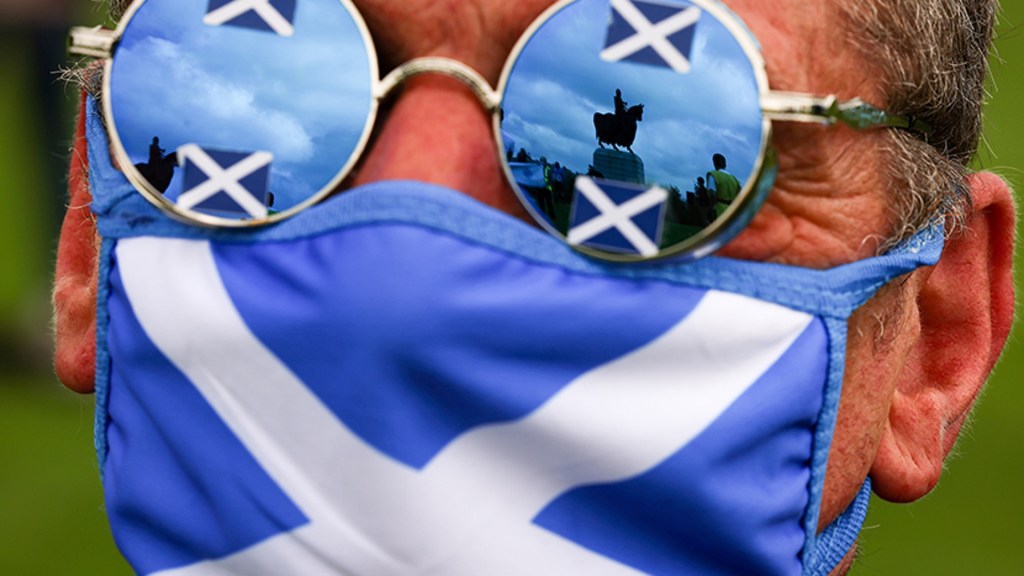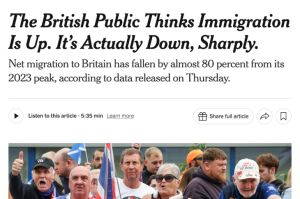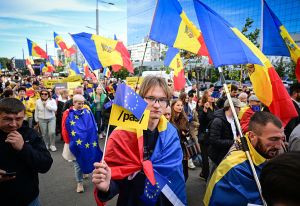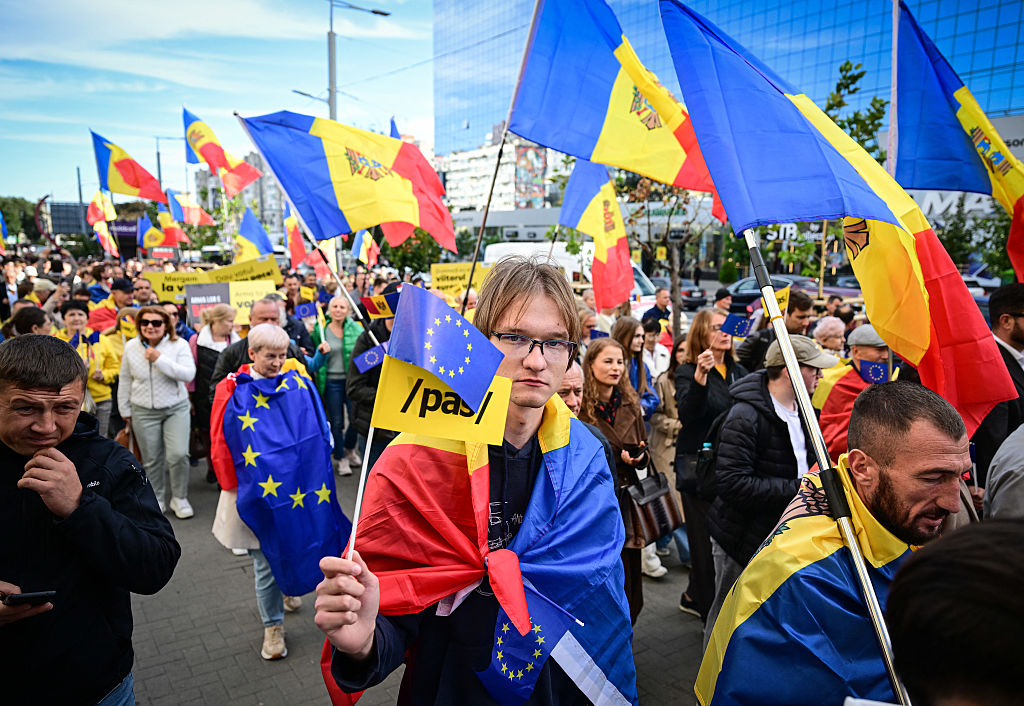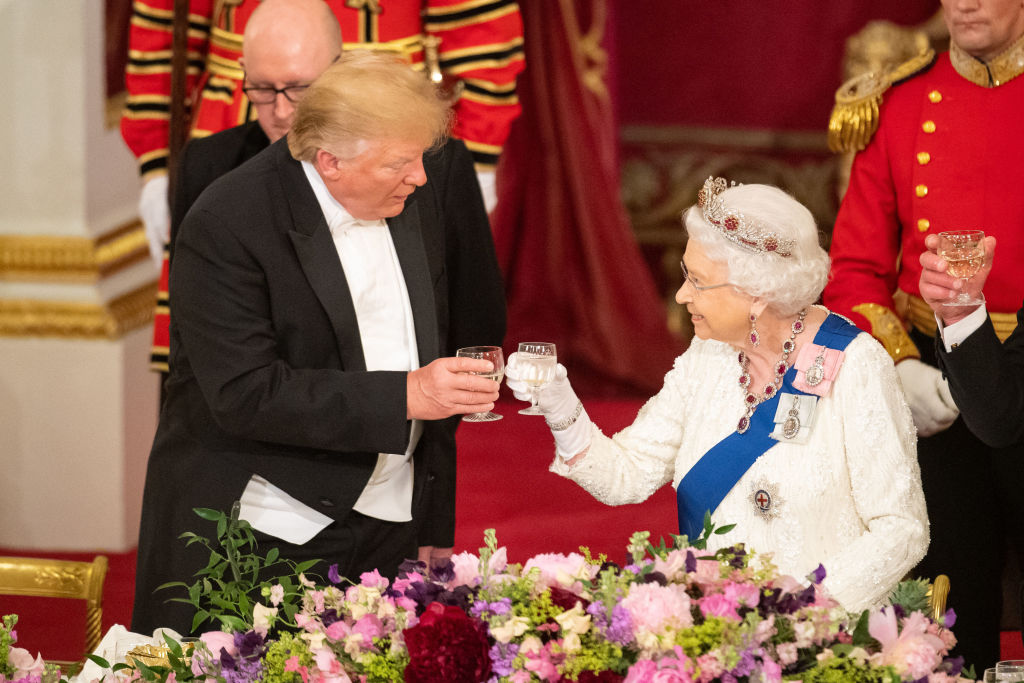Victimhood has always been the core of nationalism. We are oppressed by Them: if We were free, our problems would be solved. This has been the lure of nationalism, and the reason why it is invariably disappointing once achieved. Scottish nationalists have their own myth of victimhood, but it has to go way back into the mists of time: to William Wallace (died 1305), Robert the Bruce (died 1329) and the Declaration of Arbroath (1320). More recent and relevant history does not so easily fit the victimhood bill. After all, the Stuarts had their eyes on the throne of England at least as much as the Tudors fancied theirs. Mary Queen of Scots was willing to assassinate Elizabeth to get it. Her son James actually succeeded. The Scots muscled their way into English politics during the Civil War. Even Bonnie Prince Charlie and his Highlanders were aiming to seize England with the help of a French invasion, not for a separate Scotland. Most Scots were happy with the Union, which gave them vast economic, cultural and political opportunities. It was the English who felt aggrieved at what seemed a Scottish takeover. But in the end both sides became at least reconciled, and even happy, with their marriage.
What has gone wrong? An influential 1992 history by Linda Colley, Britons, gave a simple answer: the things that had brought England and Scotland together in the 18th century (Protestantism, empire and common enemies) had simply ceased to apply. The relationship no longer served a purpose, and would thus unravel. But we can rely too much on history. The obvious objection is that relationships, whether marital or political, develop over time and create new attachments. Over 300 years, this clearly happened, and Scottish nationalism was long confined to a few cranks. Looking back to the 18th century for explanations, let alone to the 14th, might provide the myths that nationalism feeds on, but not the reality.
There are many concrete explanations for the fairly recent growth of Scottish nationalism, and the litany has become familiar: Thatcher, the poll tax, Tory ascendency in England, the decline of Labour and so on. These are all convincing as creators of political discontent, but what turned discontent into nationalist dreams of independence was the European Union. Whether by accident or design, the EU created for a time the belief that independence within the EU was risk-free and wholly beneficial. For a mini-state like Luxembourg, the EU’s wealthiest member, what was not to like? Ireland — so it seemed for a while — had become a Celtic tiger, primed by lavish subsidies. But both Luxembourg and Ireland are now facing huge bills for future EU budgets.
The EU certainly encourages regionalism, with more than 200 quasi-diplomatic regional offices in Brussels, but it jumped back in alarm when the ill-starred Catalans took it seriously and demanded support for independence. Burnt fingers on all sides saw political refugees fleeing to Brussels. This was the secessionism of the wealthy: regions such as Catalonia, Lombardy and Flanders could see big advantages in cutting themselves off from their poorer hinterlands to become rich EU mini-states. Scottish nationalists saw themselves in the same light: ‘Scotland’s oil’, protected from the grasping English by the EU, would ensure a lavish welfare state and a secure future at no cost.
This was just about credible when oil prices were high — say until 2008 — and while the UK was still part of the EU. But even in 2014 doubts about the financial and economic uncertainties defeated the nationalists. Brexit hugely multiplies these risks, and with oil prices indefinitely depressed, the tempting secessionism of the wealthy turns into the prospect of a relatively poor region voting to cut itself off from its economic mainstay. If this were to happen, it would show the Scots to be Europe’s most romantic, irrational and impulsive nation this side of the Balkans. The nationalists appear — from their actions not their words — to find this as improbable as I do. Hence their last-ditch opposition to Brexit, while simultaneously proclaiming that it will bring about the independence they dream of. Something wrong, surely?
[special_offer]
Yet commentators seem to accept the nationalist narrative. Rather than seeing the death throes of separatism, we are, it seems, witnessing a majestic advance towards independence. It is evident that nationalist hopes now rely on crises: a Brexit crisis, and now a COVID crisis. Normal times do not advance their cause — something that should give the prudent pause for thought. But assume for the sake of argument that the dream of national independence — or to be accurate, the dream of becoming another tiny dependency of the EU — has become irresistible, or at least sufficiently irresistible to make another referendum inevitable. Who in that case should vote?
In 2014, it was everyone over 16 on the electoral register in Scotland. How could this be justified on principle? Scottish nationalism is by definition based on status as a nation, and a nation is not a place but a people. This is such a special status that the rest of the United Kingdom accepted that four million Scottish voters (6 per cent of our total population) had a unilateral right to break up our shared polity, with profound consequences for the other nations. Whether rightly or wrongly, we have conceded this extraordinary privilege to a historic nation (and nearly all European nations today were already recognized as such in the 15th century). No such privilege belongs to a mere geographical area. I can see no defensible basis for giving it solely to those who happen to be resident in an area at the time of the vote, as was done in 2014. Today they include over 130,000 EU citizens registered to vote. On the other hand, some 850,000 Scots now live in other parts of the kingdom. Their Scottish identity is unquestionable, and their fundamental rights are at stake. Furthermore, we accept that having one British parent confers a right to UK citizenship; so, by analogy, British citizens with a Scottish parent (who would surely have the right to citizenship of an independent Scotland) should also be able to register to vote on independence.
The more one thinks about it, the more Scottish separatism seems a pipe dream. But only a successful Brexit can finally show it to be such.
This article was originally published in The Spectator’s UK magazine. Subscribe to the US edition here.



